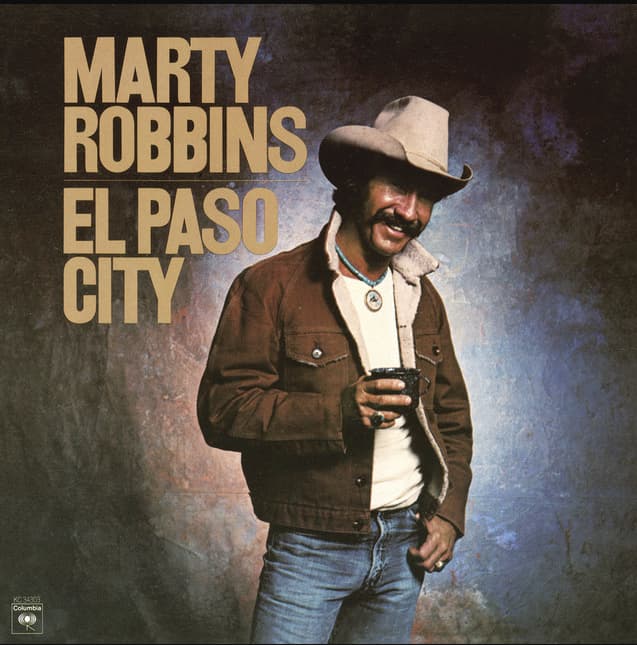
Marty Robbins’ “El Paso”: A Timeless Western Ballad That Captivated the 1960s
When Marty Robbins released “El Paso” in September 1959, few could have anticipated the lasting impact it would have on both country and pop music. This haunting western ballad, with its vivid storytelling and evocative melodies, became an instant classic, capturing the hearts of listeners across the nation. By January 1960, “El Paso” had achieved what few country songs had ever done before—it soared to the top of both the country and pop music charts, securing its place as the first No. 1 hit of the 1960s. The song’s success was further solidified when it won the Grammy Award for Best Country & Western Recording in 1961, a testament to its enduring appeal.
What makes “El Paso” so remarkable is its intricate narrative, which draws listeners into the tragic tale of love, jealousy, and death. The story unfolds in the desert town of El Paso, where the protagonist, a young cowboy, falls hopelessly in love with a beautiful Mexican girl named Feleena. The passion of their love is matched only by the intensity of the jealousy that leads the cowboy to kill another man, ultimately sealing his fate. The song’s lyrics shift from past to present tense, a technique that heightens the drama and pulls the listener into the cowboy’s desperate and ill-fated journey back to El Paso.
Musically, “El Paso” is a masterclass in blending genres. The harmonies provided by Bobby Sykes and Jim Glaser of the Glaser Brothers add a layer of depth to the song, creating a sense of foreboding that lingers long after the final note has faded. The Spanish guitar accompaniment by Grady Martin is nothing short of exquisite, imbuing the song with a distinctive Tex-Mex flavor that perfectly complements the setting of the story. This combination of lyrical storytelling and musical craftsmanship has earned “El Paso” a place among the greatest western songs of all time, as recognized by the Western Writers of America.
The character of Feleena, central to the song’s narrative, was inspired by a real person from Robbins’ past—Fidelina Martinez, a schoolmate from his fifth-grade class. This personal connection adds another layer of authenticity to the song, making the story all the more poignant.
Marty Robbins’ “El Paso” has not only stood the test of time but has also been celebrated for its cultural significance. In 1998, nearly four decades after its initial release, the 1959 recording of “El Paso” was inducted into the Grammy Hall of Fame, a fitting tribute to a song that has become synonymous with the golden era of country music.
In summary, “El Paso” is more than just a song—it’s a narrative experience that transports the listener to a different time and place. Its combination of storytelling, musicality, and emotional depth has made it a timeless piece that continues to resonate with audiences of all ages. Whether you’re a fan of country music or simply appreciate a well-told story, “El Paso” remains a must-listen, a classic that will forever be etched in the annals of music history.